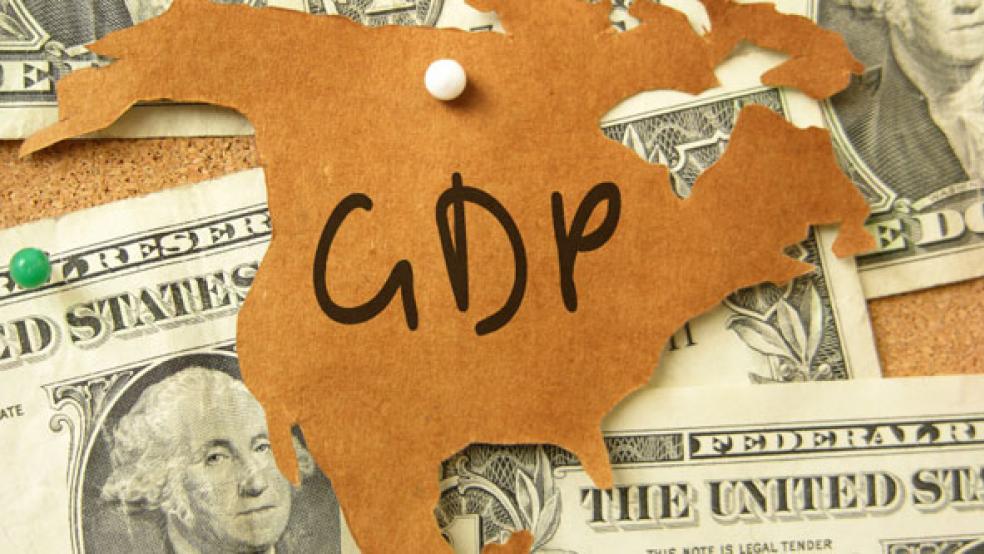Experts have sparred over just how much economic growth will be generated as a result of the Republican tax law, but most agree that the permanent reduction in corporate tax rates and temporary drop in individual rates, along with a host of new rules governing investments and personal deductions, will have some positive effect on the economy — the question is just how much and for how long.
In April, the Congressional Budget Office boosted its GDP growth projection for the U.S. in 2018 from 2 percent to 3.3 percent, and from 1.5 percent to 2.4 percent in 2019, largely due to the expected boost from the tax cuts. The CBO numbers are largely in line with other widely respected estimates. While the conservative Tax Foundation projects more growth and some other groups such as the Tax Policy Center project less, most economic models foresee a positive impact, especially in the short run.
A new analysis from the Federal Reserve Bank of San Francisco, however, suggests that most growth estimates are too generous, and the U.S. economy may not see much additional growth in the wake of the tax cuts.
The reason, according to the Fed researchers, is that fiscal stimulus is most effective when the economy is contracting, but much less so when the economy is expanding. Citing several research papers on the effects of fiscal stimulus, economists Tim Mahedy and Daniel J. Wilson said that not only is the fiscal multiplier — the positive economic effect created by changes in federal taxation and spending — relatively modest in a growing economy, likely worth less than 1 percent of GDP growth a year, some research points to “an even smaller boost, as low as zero.”
The GOP tax cuts were signed into law in December, when the economy was in the ninth year of one of the longest periods of economic expansion in U.S. history. In economic terms, the tax cuts are strongly pro-cyclical, and the authors note the only time the U.S. has engaged in such a powerful pro-cyclical stance in the last 70 years was during the Vietnam War, when federal spending rose sharply in the middle of an economic boom. The “highly unusual” nature of the current pro-cyclical fiscal boost adds a layer of uncertainty to any evaluation of its likely effects, but the Fed researchers say there’s good reason to think that the consensus view is too optimistic in both the short and long term.




